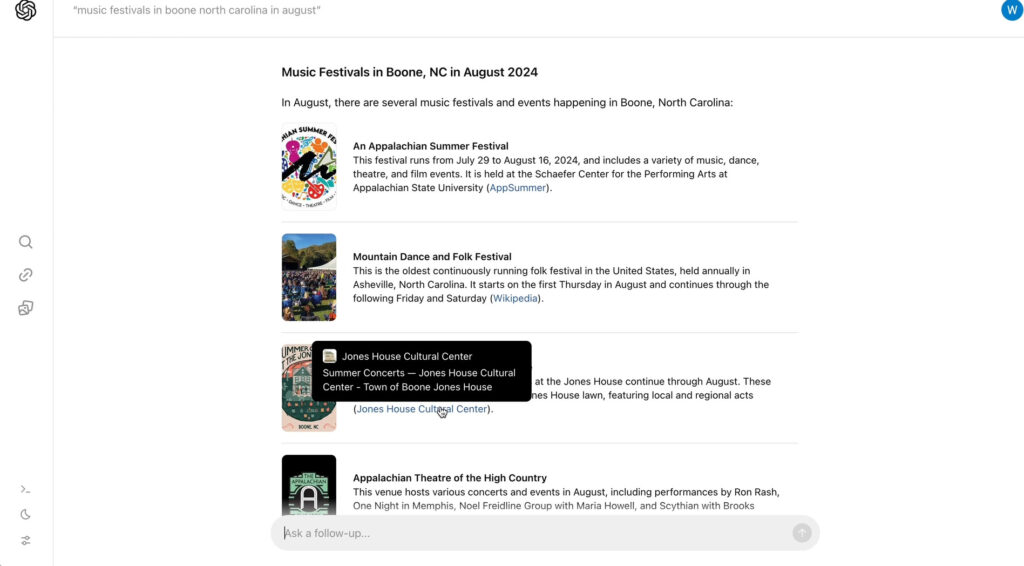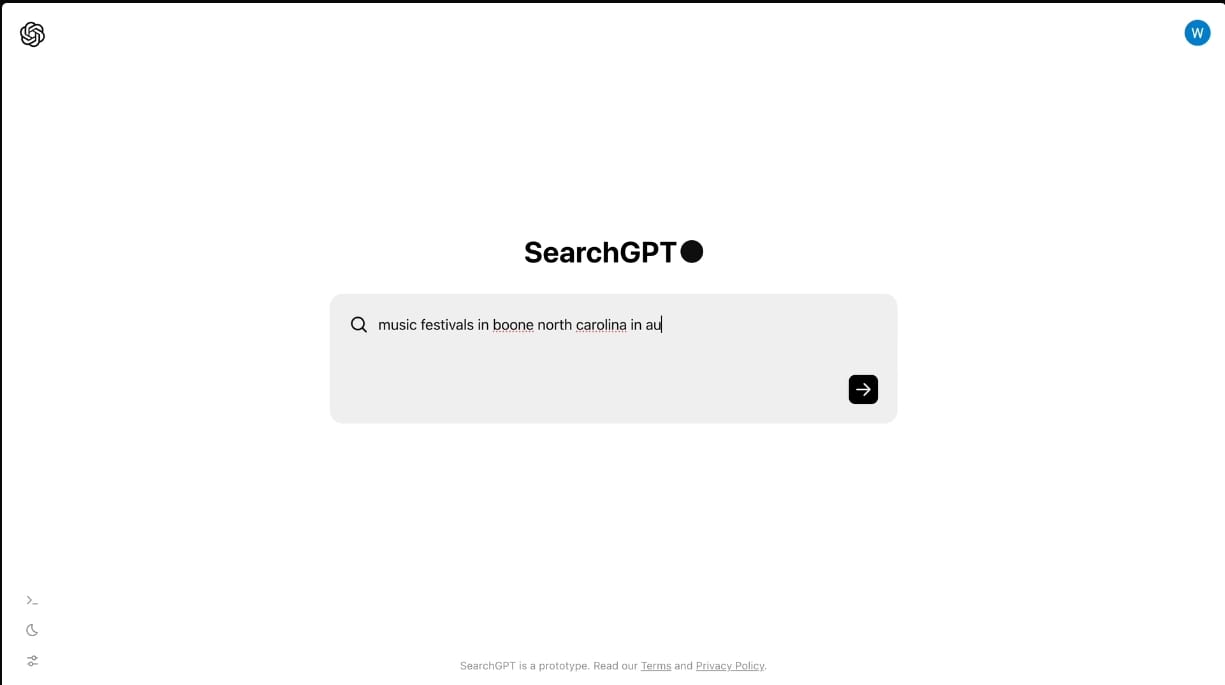On October 31, 2024, OpenAI officially launched ChatGPT Search, a groundbreaking web search tool built into its ChatGPT platform. The new feature aims to redefine how users find information online, presenting itself as a fresh alternative to Google by providing ad-free, conversational responses directly sourced from licensed content providers. Available to ChatGPT Plus and Team users, ChatGPT Search allows for real-time, context-rich searches—a significant shift in a search landscape long dominated by Google. With broader access planned for free-tier users in the near future, OpenAI’s ambition to expand its reach is evident.
The release of ChatGPT Search follows OpenAI’s July 2024 prototype, SearchGPT, signaling a clear intention to move beyond conventional chatbot roles and into direct competition with traditional search engines. OpenAI has strategically positioned ChatGPT Search as a response to the increasing demand for AI-powered information retrieval, free from the clutter of ads that often characterize search results on platforms like Google.
How ChatGPT Search Works

Powered by an advanced model of GPT-4, ChatGPT Search allows users to pose questions and receive concise answers that include links to relevant sources, formatted to encourage interactive follow-up queries. Unlike Google, which typically lists search results as a collection of blue links, ChatGPT Search uses real-time web data to create direct responses sourced from partners like AP and Reuters. Users can also choose to see traditional links for further exploration or verification, providing a blend of AI-generated summaries and source-backed content.
For example, a search for “weekend events in San Francisco” might yield a summary based on local news sources, and a follow-up query for restaurant recommendations would deliver a tailored list of options nearby. This flow of iterative questioning allows users to refine their search without rephrasing or starting from scratch, creating a streamlined, conversational search experience.
Speed and Accuracy: How It Compares
In terms of speed, ChatGPT Search is designed for near-instant responses. It’s built to handle follow-up queries within the same session, delivering quick answers for casual queries and conversational refinement for more complex searches. Google, on the other hand, remains unparalleled for ultra-fast, time-sensitive queries due to its continuous web-crawling capability. Google’s indexing processes allow it to respond in milliseconds to billions of queries, ensuring that the latest updates are reflected immediately.
However, when it comes to accuracy, OpenAI’s model has both strengths and weaknesses. ChatGPT Search draws on a specific, licensed pool of sources, potentially limiting its ability to provide comprehensive answers for rapidly evolving events. Additionally, since it relies on language model patterns rather than direct indexing, there’s a chance of generating responses that sound correct but may contain inaccuracies—something Google’s data-driven approach is better equipped to mitigate.
Privacy and Data Collection
OpenAI’s approach to data handling for ChatGPT Search emphasizes user control and consent. Users are required to provide explicit permission if they want their data to be used for further training. ChatGPT Search anonymizes data after a limited retention period, deleting it within 30 days to protect user privacy. In contrast, Google’s extensive data collection supports personalized search and targeted advertising, integrating user activity across services for a tailored but highly tracked experience. While Google offers strong privacy controls, its data practices are often a sticking point for privacy-conscious users.
Impact on Competitors
ChatGPT Search’s entry into the search market raises questions about its impact on competitors like Google and specialized AI-driven search tools, such as Perplexity AI. Perplexity has distinguished itself by delivering real-time, sourced responses from multiple citations, appealing to users seeking verifiable data. While Perplexity excels in source citation and reliability, ChatGPT Search’s conversational format and rapid-response capabilities could attract users who prioritize ease and engagement over exhaustive sourcing. With competition heating up, OpenAI’s success could pressure other platforms to innovate and enhance features to retain their user base.















